Cornwall research impact
Here is a selection of the broad range of inter-disciplinary research taking place at our Cornwall campuses that's making a local, national and international impact.
Artificial light as a driver of night time landscape ecology

Natural light cycles are being eroded by artificial light over large areas of the globe, with more than 80% of people now living under light polluted skies. Read more.
Working with Cornwall’s farmers to enhance farmland pollination
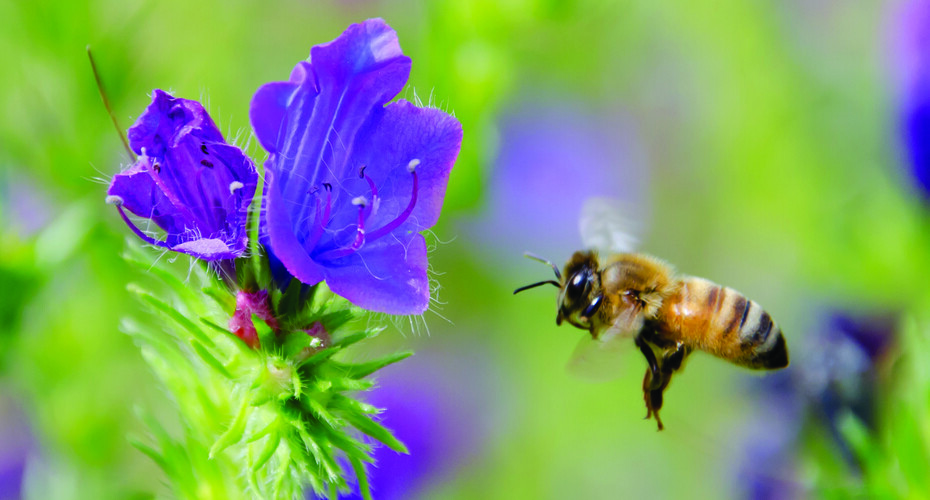
Researchers from the ESI are working with Cornwall’s land owners, managers and advisors to enhance farmland pollination and pollinator conservation. Read more.
Legacy wastes in the coastal zone
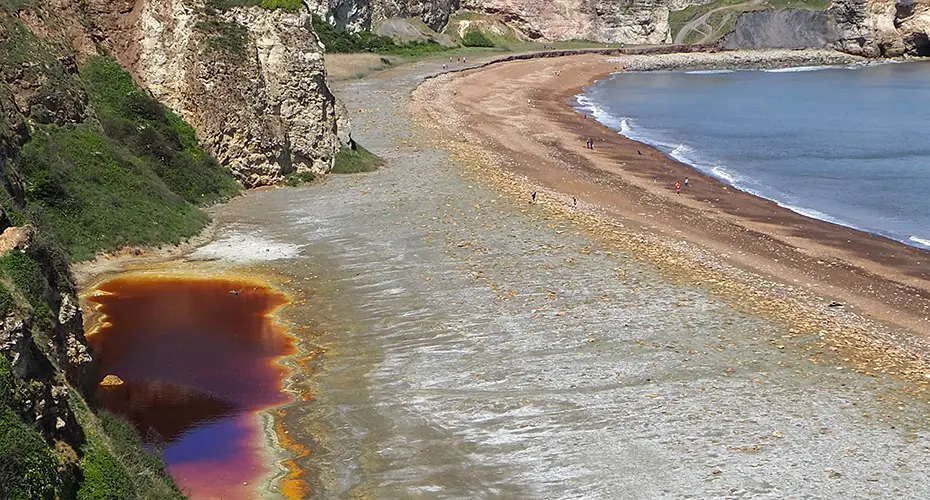
An assessment of the environmental risks associated with legacy landfills including an overview of the different types of waste in coastal landfills. Read more.
Endangered sea turtle populations boosted

University of Exeter scientists are driving research that is leading to successful conservation outcomes for global sea turtle populations. Read more.
LIFT - Lithium for future technology

Understanding the Earth system processes that concentrate lithium into mineral deposits, so lithium can be mined in an economically feasible and an environmentally responsible way. Read more.
Designing a Sensibility for Sustainable Clothing

The fashion industry is the second largest polluter in the world. The ESI is working to provide insight and solutions to this complex, global issue. Read more.
Managing the emerging threat of Asian hornets
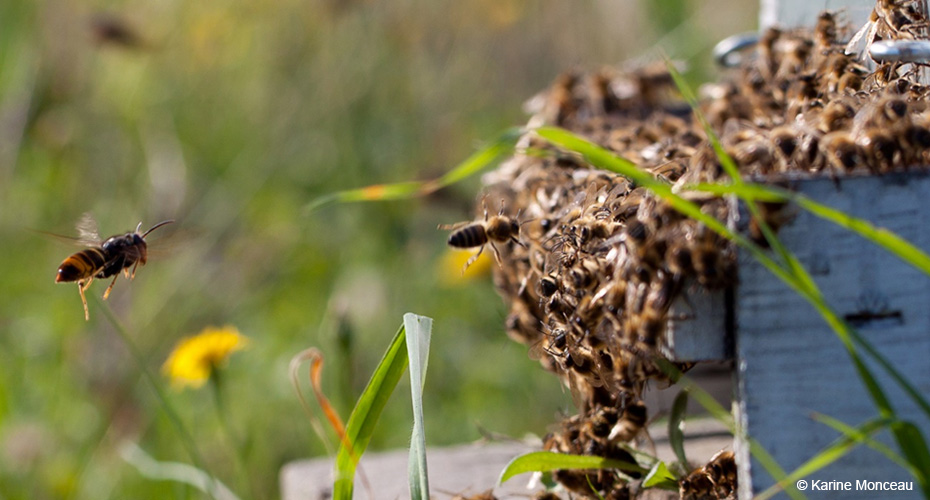
Research to further develop a method for finding Asian hornet nests using radio-tracking and to discover new ways of managing the spread of the invasive Asian Hornet. Read more.
Improving understanding of AMR in livestock systems
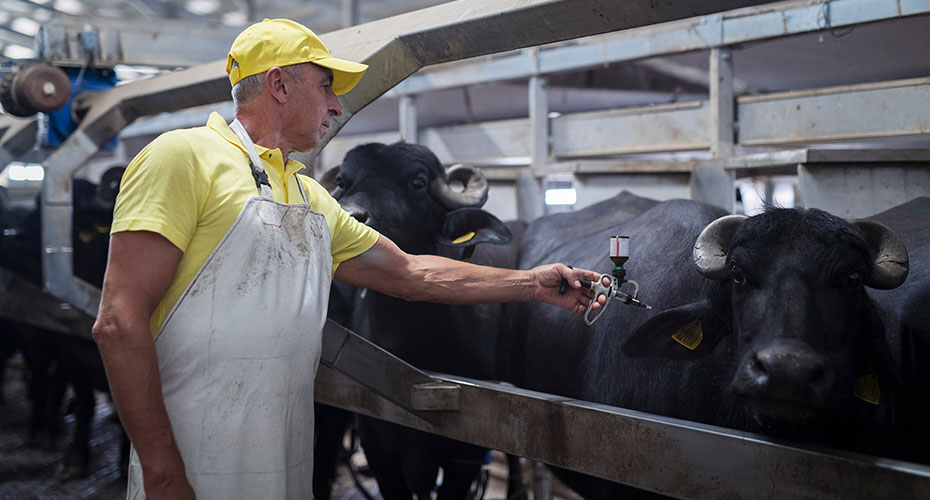
Antimicrobial resistance (AMR) jeopardises the effective prevention and treatment of an increasing range of infections. Antimicrobial usage (AMU) in livestock is associated with increased AMR. Read more.
Collaborative study will help transform pollen forecasting
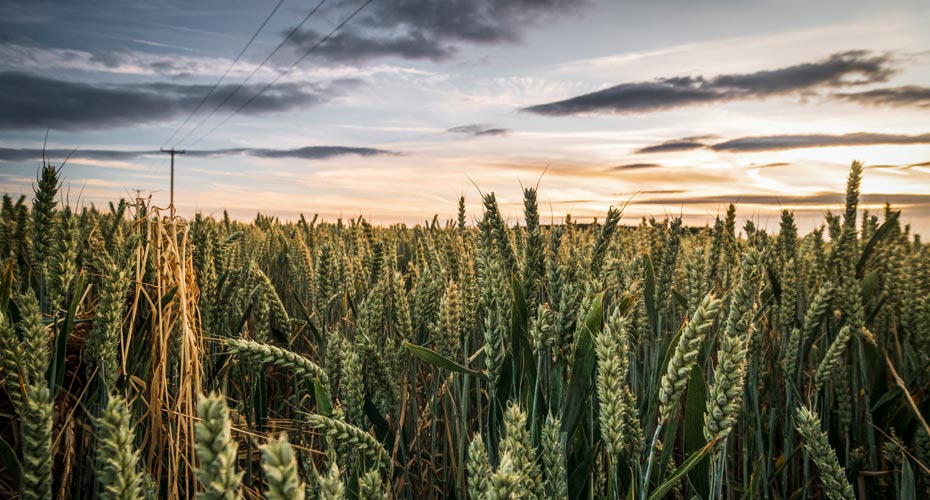
New research is hoping to improve pollen forecasts for allergy sufferers across the UK, with a novel approach to pollen monitoring. Read more.
Solar energy: Incorporating clean technologies
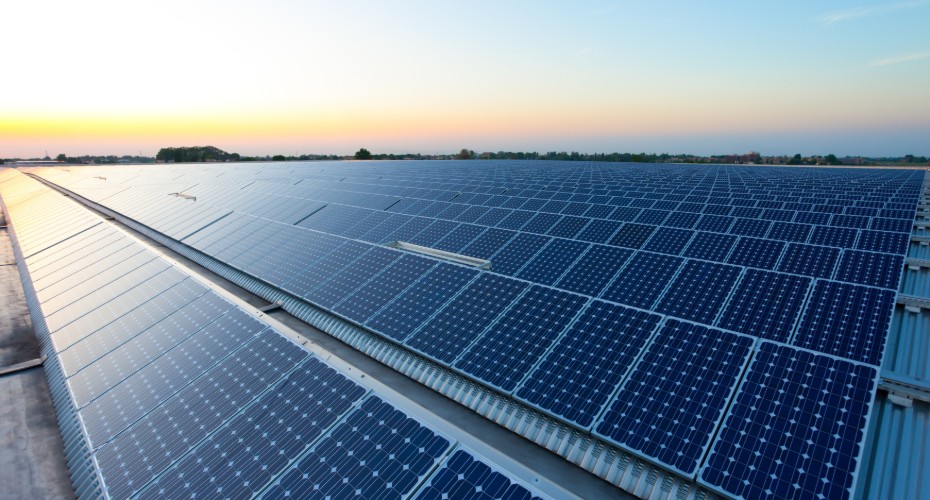
Study into applied solar energy and how this may be incorporated into building, used as energy storage and integrated with other clean technologies. Read more.
The Marine Environment and Human Wellbeing

Examining the importance and value of coasts for human well-being and developing an approach upon which to base future policy evaluations. Read more.
Local Climate Adaptation Tool (LCAT)

TThe LCAT tool brings together complex climate models and health impact evidence to help the user understand the health implications of climate change in their area. Read more.



